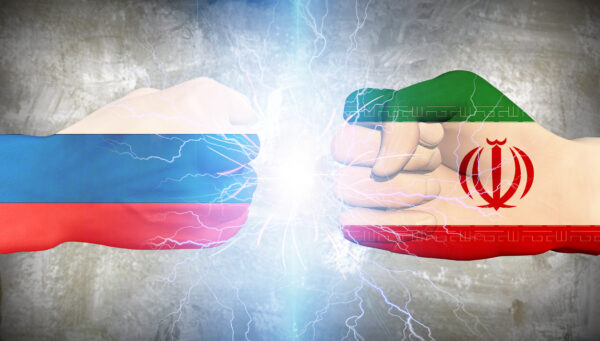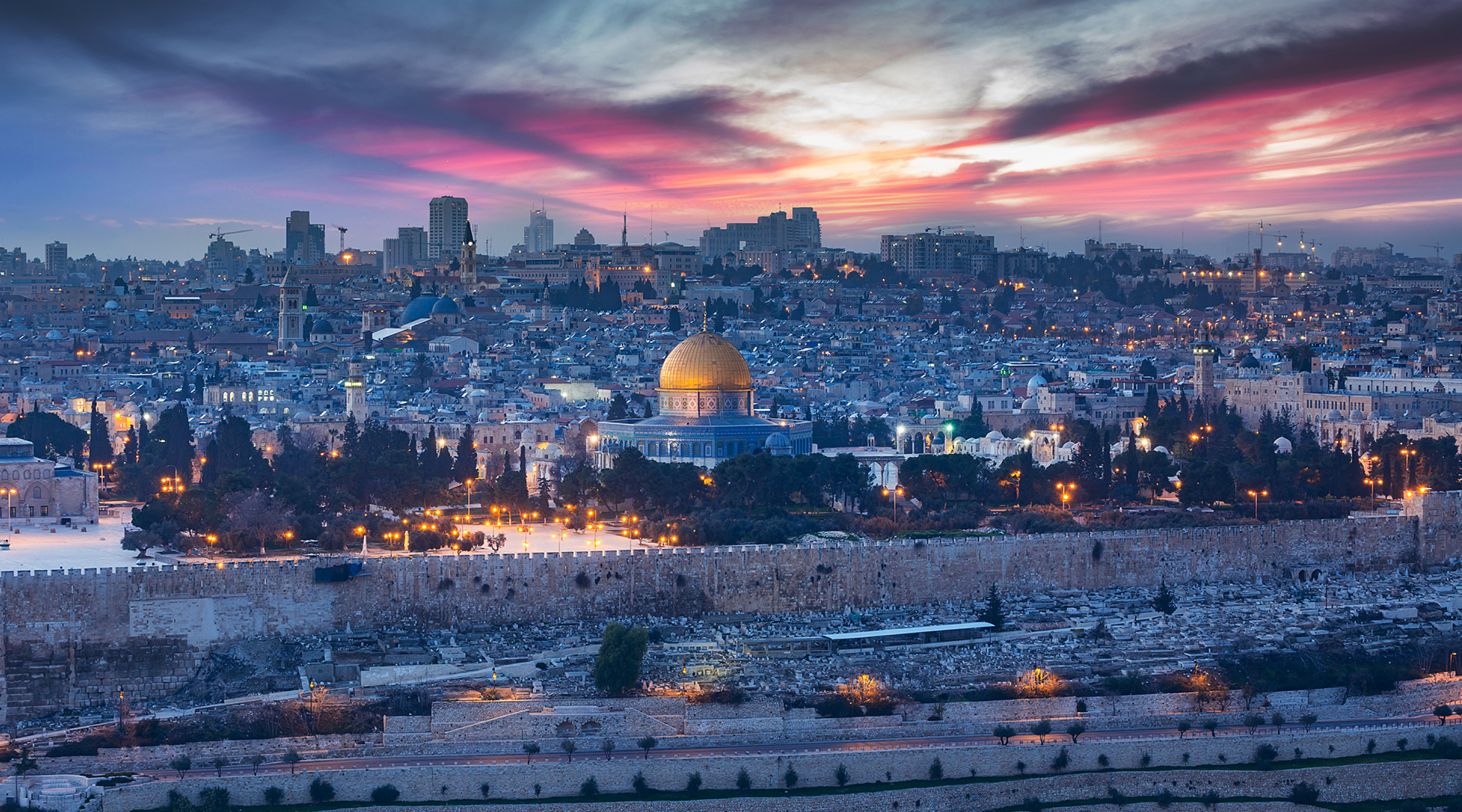
Is Russia preventing or preparing Iran for war with Israel? You will not see that headline in the mainstream media, but when you piece together articles from various sources, an alarming picture comes into view.
On July 31, 2024, Ismail Haniyeh, the political leader of Hamas, an Iranian-sponsored terrorist organization, was assassinated around 2am in Tehran, Iran. Haniyeh had been visiting Iran to attend the inauguration of Iran’s new president, Masoud Pezeshkian, the day before. Originally, Haniyeh was scheduled to depart from Tehran after Pezeshkian’s swearing-in ceremony but stayed in Tehran after Fuad Shukr, Hezbollah’s senior military commander, was eliminated by Israel in the outskirts of Beirut, Lebanon earlier that day, “making him the most senior figure from the group to be killed in nearly 10 months of conflict with Israel” (The Times of Israel).
According to i24News, an explosive charge was placed under Haniyeh’s bed by “two Iranians recruited by the Mossad from the Ansar al-Mahdi unit of the Islamic Revolutionary Guard Corps.” It appears that the “alleged agents” were tasked with guarding the building where Haniyeh was staying. Security camera footage shows the guards “walking quietly down the hallways towards the room where the target planned to stay, unlocking the door and entering the room. Three minutes later, the guards – who were each offered a six-figure sum and immediate relocation to a country in Northern Europe – were caught on camera calmly exiting the room, descending the stairs towards the main entrance of the building, exiting, and then getting into a black car. The guard at the parking barrier recognized them and opened the gate without asking any questions. An hour later, they were smuggled out of Iran by the Mossad, the report said.” Iran rejects this report and claims that Haniyeh was killed “by a ‘short-range projectile’ and a ‘severe explosion’ outside a guest house where he was staying” (MSN).
The assassination of Haniyeh is a “huge embarrassment” to Iran, dealing a “critical blow to Iran’s security apparatus, exposing severe vulnerabilities and indicating deep foreign intelligence penetration within the Islamic Republic,” according to analysts (Al Arabiya News). Similar to Israel’s response to Iran’s attack in April, when Israel struck a major air base near a nuclear site in Isfahan (NBC News), “Analysts said that the assassination sent a clear message to Iran and its allies; they are not beyond Israel’s reach, even in Tehran. It also highlighted the extent of Israel’s covert capabilities within Iran” (Al Arabiya News).
As of today, Israel has not taken responsibility for the assassination of Haniyeh. This has not kept Iran and Hamas from accusing Israel of being behind Haniyeh’s assassination. After convening an emergency meeting of Iran’s Supreme National Security Council, the Ayatollah “ordered a direct strike on Israel” (i24 News). Later, Iran warned that “blood vengeance” for the killing was “certain” (MSN). But to the surprise of many, Iran has not done so. Why?
Today, it was reported that “Iran’s new president is battling against the hard-line Islamic Revolutionary Guard Corps (IRGC) in an attempt to prevent all-out war with Israel” (Telegraph). Pezeshkian “has suggested targeting somewhere related to Israel in the Republic of Azerbaijan or [Iraqi] Kurdistan and let these countries know before that and get done with the whole drama.” Evidently, he has also recommended “arming the Lebanese Hezbollah with more sophisticated weapons and ‘letting them fight’ with Iran’s intensified support.” Ultimately, the decision to attack Israel will be made by the Ayatollah Ali Khamenei. Pezeshkian has been in dialogue with Iran’s Supreme Leader in order to avert an all-out war with Israel.
But what role has Russia played in this conflict? The Kremlin strongly condemned Haniyeh’s assassination immediately after it was confirmed, stating, “We believe that such actions are directed against attempts to establish peace in the region and can significantly destabilize an already tense situation” (The Moscow Times). Then it was reported that Russian President Vladimir Putin “asked Iran’s Supreme Leader Ali Khamenei for a measured response to the alleged Israeli assassination of Hamas leader Ismail Haniyeh, and advised not to harm Israeli citizens, according to two senior Iranian sources” (i24 News). Putin’s message came in the form of a letter that was hand-delivered by Russian Defense Minister Sergei Shoigu to Iran’s leaders (MENAFN). During Pezeshkian’s meeting with Shoigu, Shoigu said, “We are ready to cooperate fully with Iran in various areas” (MSN).
What “areas” was Shoigu referring to? It appears that Shoigu may have meant Russian weapons and soldiers. Iranian officials say “Russia has begun delivering advanced air defense and radar equipment to Iran after Tehran asked the Kremlin for the arms” (MSN). While it is not clear “what equipment Iran had requested from Russia or what had been delivered. . . Iran already has some Russian-made S-300 air defense systems.” That said, it is highly likely that Iran wants Russia’s more advanced S-400 system which would require Russian soldiers to operate (MSN). According to Defense Express, “This would not be surprising, as Israeli media suggest that the Russian Federation might have already provided Iran with Iskander and Murmansk-BN air defense systems and the necessary personnel” (MSN). The S-400 system “can intercept any air threat; aircraft, helicopters, drones, and ballistic missiles” (MSN).
So, perhaps Iran has delayed its attack on Israel because it is waiting for Russia’s systems and soldiers to be in place. If so, then Russia is clearly preparing and not preventing Iran from going to war with Israel. More importantly, Russia and Iran are setting the stage for the fulfillment of Ezekiel 38-39, the Battle of Gog and Magog.
Blessors of Israel is closely monitoring this story and will provide the latest news with biblical commentary. Please continue to pray for Israel and her people.
by Dr. Matthew Dodd | August 9, 2024
